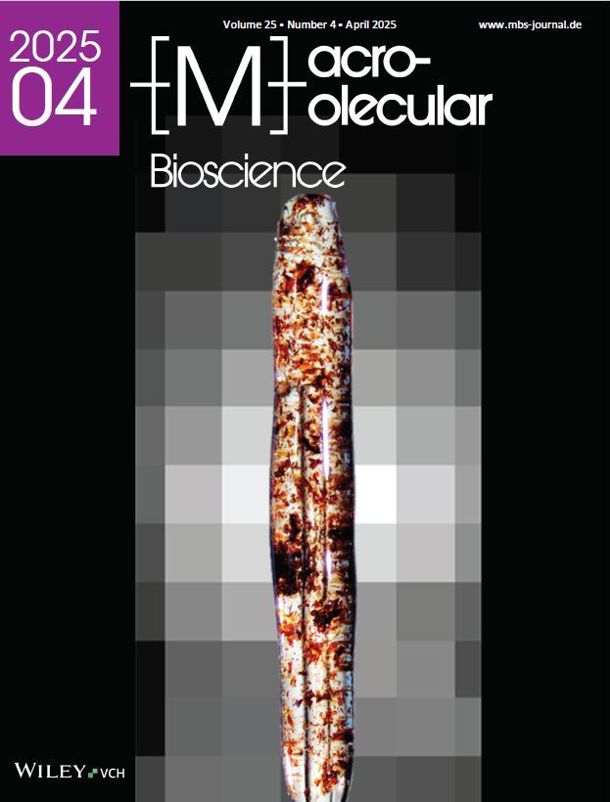
Published at: Macromolecular Bioscience
In vitro evaluation of a semi-autologous fibrin sealant for surgical applications
Abstract
Surgical success relies on precise tissue approximation using sutures, clips, or staples. Fibrin sealant provides a user-friendly alternative, saving time and maintaining tissue integrity. Yet, its cost and potential bioburden risk are notable drawbacks. To address these concerns, a semi-autologous fibrin sealant is produced from human cryoprecipitate and compared it to a commercial fibrin sealant. The microstructure of the semi-autologous sealant closely resembles the commercial one. Initially, the commercial sealant has superior bonding strength, however, over time, both demonstrate strong adhesive properties. Moreover, when the two sealants contain equivalent fibrinogen concentrations, they show similar bonding strength and rheological properties, including thixotropic behavior, which is essential for their application as bioadhesives. Notably, it is discovered that the mechanical properties of the adhesive are mainly governed by the fibrinogen concentration, with minimal impact of other blood components. This understanding paves the way for the development of an efficient method to boost fibrinogen in blood without extensive separation. This study indicates semi-autologous fibrin glue matches commercial sealant in adhesive properties. This may offer several advantages, such as reduced bioburden, costs, improved immunomodulation, and reduced hypersensitivity and virus transmission risks. These findings hold promising prospects for enhancing the wound healing process in various medical conditions.


In vitro evaluation of a semi-autologous fibrin sealant for surgical applications
Share a link using:
https://www.afeka.ac.il/en/industry-relations/research-authority/in-vitro-evaluation-of-a-semi-autologous-fibrin-sealant-for-surgical-applications/WhatsApp
Facebook
Twitter
Email
https://www.afeka.ac.il/en/industry-relations/research-authority/in-vitro-evaluation-of-a-semi-autologous-fibrin-sealant-for-surgical-applications/